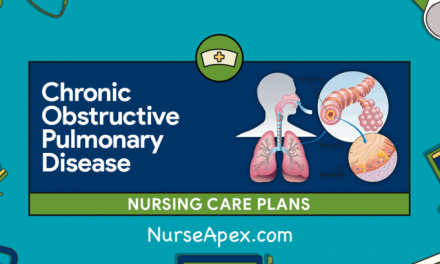A grieving patient’s life may be radically altered by the death of their loved one, leading them to suffer from distorted perceptions of reality, delusions, and destructive behaviors. Grieving nursing care requires that the nurse maintains their emotional stability and promotes active participation. Nurses who respond positively to the patient are more likely to promote an active life for the patient and increase the quality of their communication with the patient and their family.
Stress assessment
During the grieving period, it is essential to assess and address a patient’s stress levels. In addition to educating pts about grieving, it is important to identify any fears they may have regarding the process of grief. Nurses may want to collaborate with a social worker to help them address these concerns. If pts have any phobias, he or she should seek appropriate medical attention.
If there is no supportive network, or the patient is isolated and unable to complete daily tasks, then the grief is compounded. In this case, the patient is preoccupied with thoughts of his deceased husband, who lived several hours away. A sample PES statement explains the patient’s grieving process. The nurse plans interventions for the patient’s grieving work, and may even provide assistance with activities of daily living.
Validating client’s feelings
When working with a grieving client, validating their feelings is crucial. Cryng is a natural response to loss and grief, but it can be discouraged if family members and loved ones think that it’s not appropriate. For this reason, it’s critical to provide emotional and spiritual support. Fortunately, there are several methods that caregivers can use to ensure that their client’s grief process is as productive as possible.
First, the nurse must assess the client’s spiritual distress and refer them to a spiritual leader if appropriate. This is important because intrinsic spirituality can provide comfort to a client during this difficult time. Secondly, the nurse must listen to the client’s feelings without judgment and help them understand that sadness is a normal part of grieving. But unlike a temporary sadness, a chronic sadness is a permanent one. Eventually, it will resolve into a time of satisfaction and happiness.
Identifying health-seeking behaviors
Identifying health-seeking behaviors in the grieving patient is essential for maximizing therapeutic outcomes. Bereaved patients may exhibit a change in diet or shifts in eating habits. Identifying these behaviors can guide the appropriate allocation of therapeutic care and promote patient involvement in their care plans. Health-seeking behaviors may also include external influences such as distractions, clutter, and drugs. To address these behaviors, care providers should provide a peaceful environment with scheduled rest periods.
While patients may experience memory issues or deterioration of pre-existing mental conditions, it is also essential to recognize health-seeking behaviors that can help them cope with their loss. A patient’s inability to regulate unpleasant sensations can make them feel helpless and overwhelmed. For this reason, caregivers may want to provide support from other sources of help, such as friends and family members. In addition, professionals can refer patients to legal consultants or social services for additional assistance. Support groups may also be useful for patients, as these can facilitate the sharing of their experience with others.
Importance of Nursing Care Plans for Nurses – What is Their Role?
Managing depression
There are many important aspects of a grieving nursing care plan to consider, and a patient with grief can face specific challenges in their recovery. A patient’s emotional well-being and functioning may be impacted by a variety of factors, including the nature of their relationship with the deceased and their personal and social support system. Fortunately, there are ways to support a patient with depression. Listed below are some of the key elements of a grief-care plan.
Managing depression in a grieving nursing-care plan should include education about common psychological conditions and a strategy for managing the emotional toll of loss. Many health care providers rush to prescribe medications to treat depression, but the patient needs to be educated about depression as a normal part of mourning. Instead of medicating patients who show typical depression symptoms, nurses should work with the family and grieving individuals to educate them on the death process, provide support, and offer bereavement opportunities.
Managing anxiety
Nurses need to know the best ways to manage anxiety when providing grief support. Anxiety is an inevitable and common side effect of a loved one’s death. Nursing care plans can help with the emotional and practical aspects of the patient’s care. For example, a grieving nursing care plan can contain information on prescribed medications for reducing anxiety. The nurses need to know what interventions work best for the patient, and which ones may not be helpful.
A nursing care plan for a patient who has lost a loved one should recognize that grief progresses through several stages. Initial responses to loss include shock and disbelief. Those who remain in denial or ineffective may experience panic and anxiety. To help the patient deal with these feelings, the care plan should provide privacy. Nursing care should minimize environmental stress. In some cases, caregivers may need to refer the patient to a legal consultant or social service.





